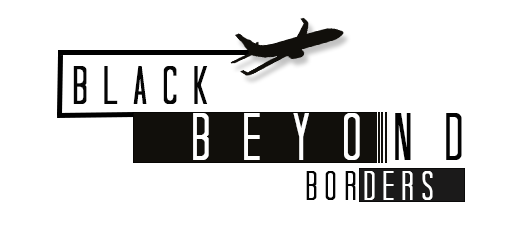"The white people are here"
Not one person in my South Africa travel group was white. On the contrary, we were all people of color who considered ourselves to be passionate about dismantling systems of oppression and inequality. Yet, in the eyes of a black South African girl we were perceived as white.
“The white people are here,” said the girl, who lived in the township we visited. Though she had originally made the comment to her cousin and friends as she saw our “tour bus” pull into the neighborhood, she had no problem relaying the message to me. I was tempted to question why she referred to us as white when she saw us arrive, until I realized the underlying meaning of her statement. When the girl said, “the white people are here,” she did not literally mean that people of European descent were approaching the neighborhood. Rather, she was alluding to the association between certain privileges (like traveling on a luxury bus through an impoverished foreign neighborhood) that are closely related with whiteness in her world view.
Upon this realization, I began to feel an unsettling disconnect between myself and this black South African girl I had just met. I did not want to be associated with whiteness and privilege. I wanted to enter the townships and connect with the people who lived there because, after all, I am African too. Yes, I was born and raised in America, but my roots trace back to this continent just like the people I was surrounded by. It dawned on me that my social and economic situation inevitably separated me from those who I considered to be my people, subsequently shattering any ideal of a fool-proof bond of blackness.
As I analyzed the situation even deeper, I started to see how our group oozed American-ness. This was evident in the problematic way in which we initially entered the space. Prior to doing community service, we were given a walking tour of Philippi. Walking township tours are a popular tourist activity in Cape Town and since myself and the other American students were visitors, it was custom that we partake in a tour as well. It is here that the unintentional disconnect between myself (a black American) and the people of the townships (black South Africans) came about. This tour, and others like it, makes a profit from the reprehensible trend of gathering middle class and elite members of society on a fancy bus to go stare and marvel at poor communities.
When I got off of the bus and followed my European tour guide around the neighborhood, I felt uncomfortable. I did not want to take out my phone to snap photographs of other people’s living conditions because:
1) Poor black South Africans who live in townships are living there as a consequence of the economic inequality that still remains in South Africa post- apartheid.
2) It is an invasion of privacy to look into someone's home without permission, to take photos of people’s children for your personal use without consent, and to impose upon one’s livelihood for your enjoyment.
3) Poverty stricken communities are not a zoo. The issue with “poverty porn” is that instead of bringing awareness to racial disparities and oppression, the action serves to empower the wrong person. It assigns the role of dominance to the on-looker while reinforcing the subordination of the poor. It gives the observer the power to create a narrative about individuals without using the voice of the people themselves, thus silencing them further.
4) I mean really, just imagine a big tour bus filled with mostly well-off white people going into a neighborhood in the projects in America to take a tour…
All things considered, I could certainly see how someone could associate our presence in the township with being "white". I could no longer be offended or upset about the comment which is why in that moment – and now as I write this – I am checking my own privilege. Rather than trying to explain myself or denying the validity of her comment, I decided to simply talk with the girl. Despite the now obvious social and cultural and economic differences we had, I knew that our blackness, our identities, our femininity, and our common struggle as members of the African diaspora would be strong enough to solidify some type of connection. By the end of our conversation the girl went from saying “the white people are here” to asking “what type of braids should I put in my hair next?” As simple as it may seem, the conversation meant the world to me.

